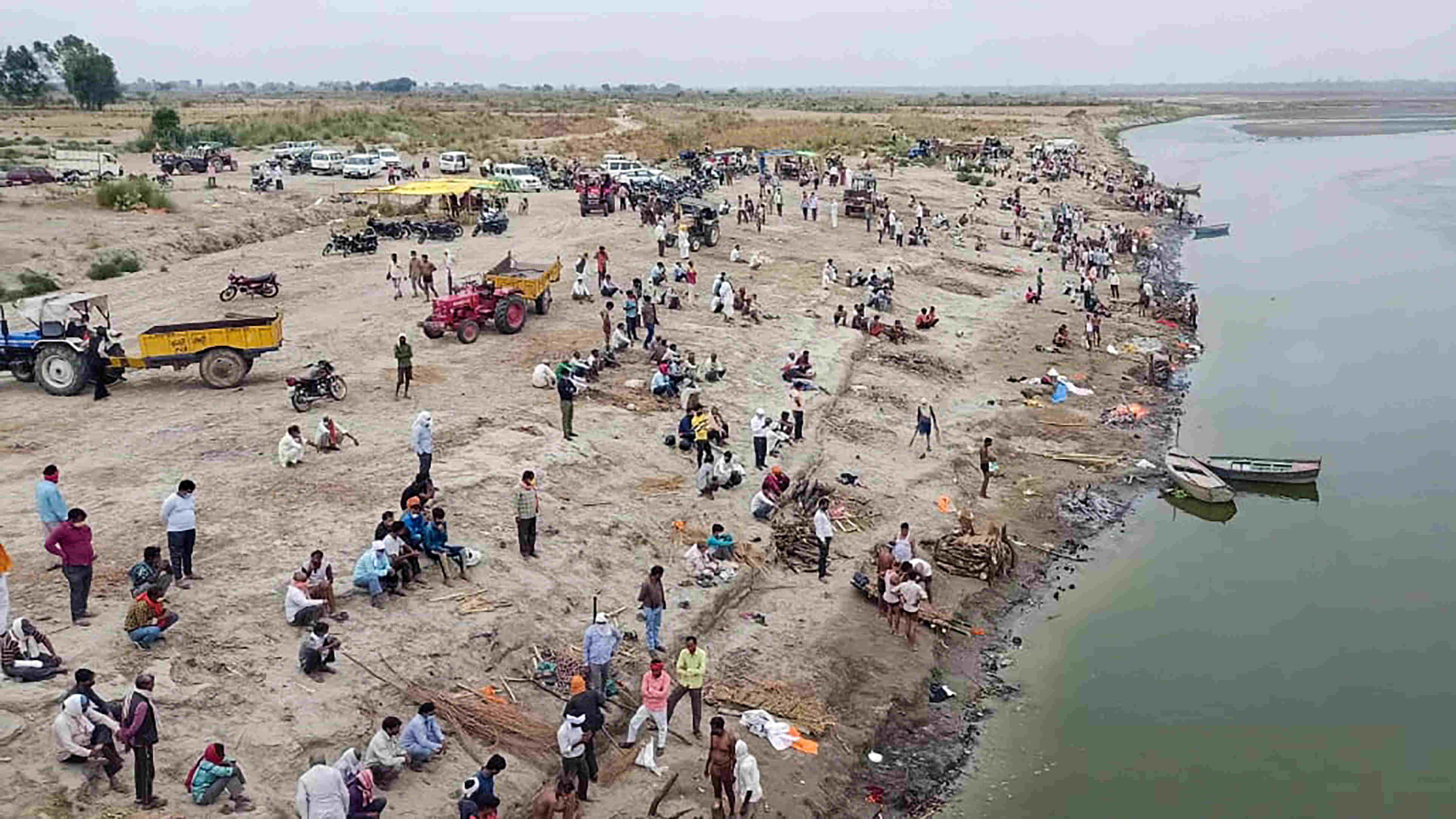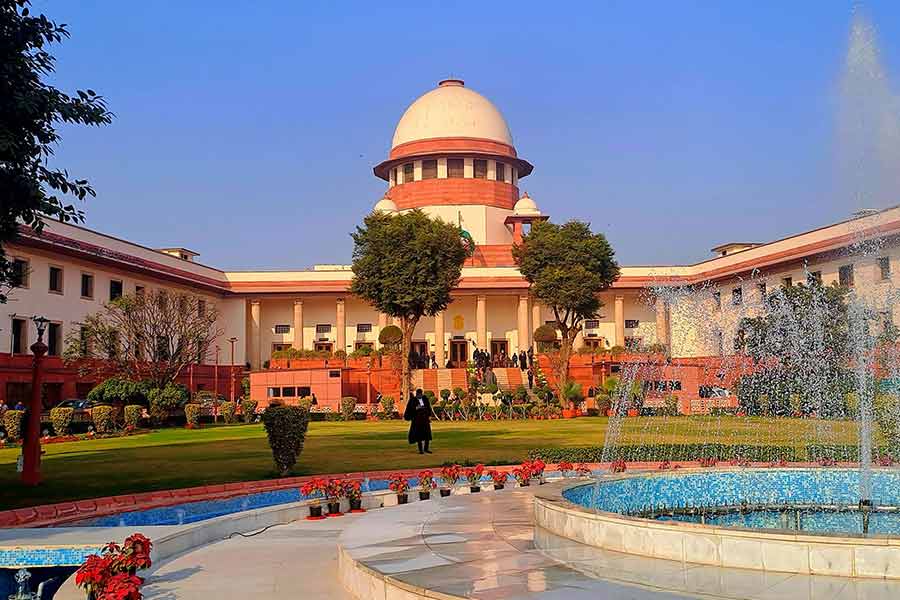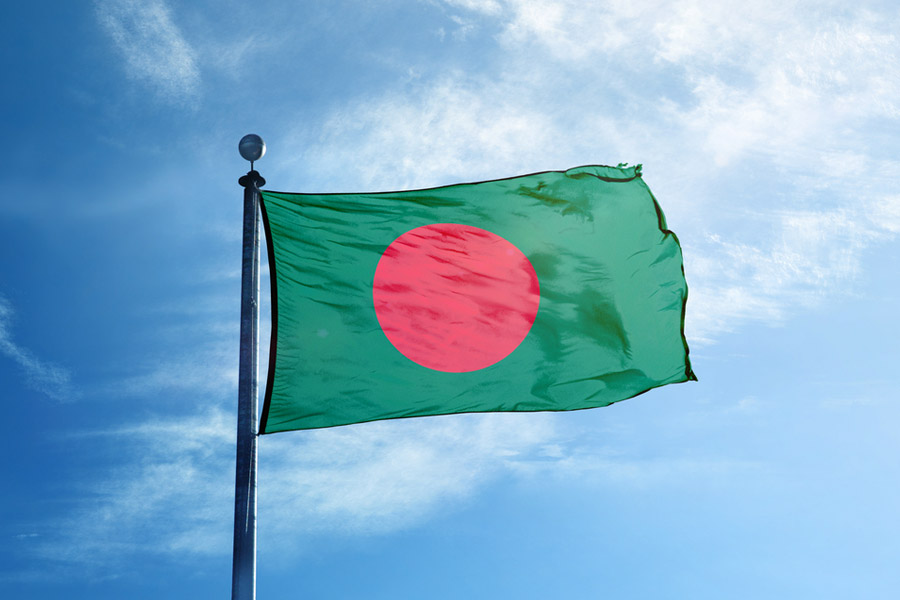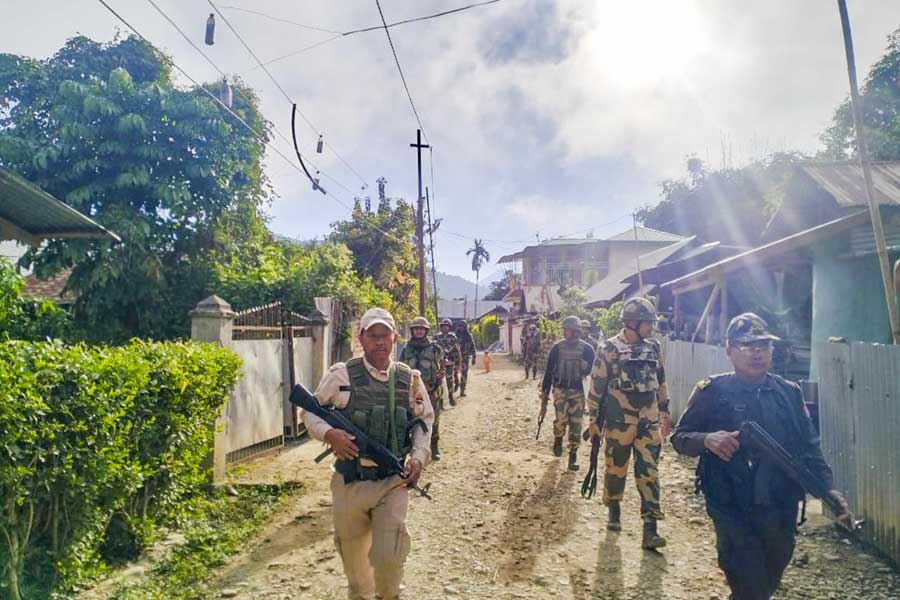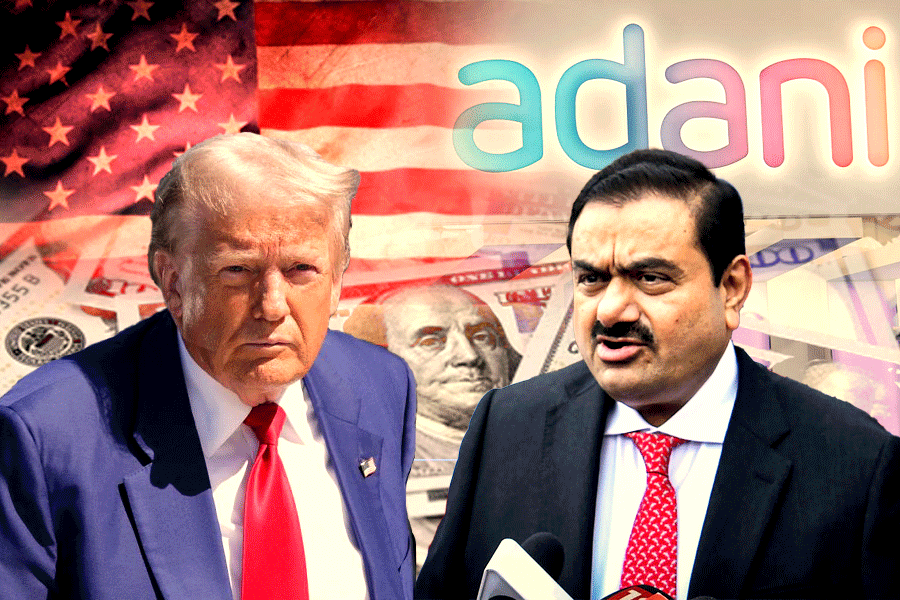India’s worst nightmare is coming true: Covid-19 is making its presence felt in the country’s rural areas. The Centre has stated that as many as 533 districts in the nation are reeling under the pandemic: the positivity rate reported from these areas is — this is worrying — over 10 per cent. The path ahead offers little respite: an Ecowrap report by the State Bank of India stated that the share of rural India in new cases had risen to 48.5 per cent in May: the corresponding figure in March was 36.8 per cent. One of the reasons why India managed to contain the first wave of the coronavirus last year is that the contagion had been largely prevented from reaching the hinterland. But this is no longer the case with Covid-19’s second onslaught. The consequences are frightening. Rural India accounts for approximately 65 per cent of India’s population. The limited range and quality of healthcare services, shortage of trained medical staff, formidable bottlenecks that are slowing down vaccination and testing and tracing mechanisms, public and institutional myopia, among other factors, may lead to a health and humanitarian crisis of unprecedented scale. The consequences will not be limited to the loss of lives: the economy — local and national — could suffer equally. Mandis are expected to experience disruptions in their supply chains, spiking food inflation in the process. A food crisis and the possibility of food import cannot be ruled out either.
The outcome of the crisis depends on how the Centre goes about addressing three principal areas of concern. It must devote greater resources — monetary, medicinal, manpower — to rural India so that villages can receive the attention that they now need. In the long term, concrete measures must be taken to confront the disproportionate distribution of healthcare between urban and rural India. The over-reliance on private healthcare facilities along with the severe underfunding of public healthcare institutions need to be set right. Second, there must be a full-fledged mobilization of political cadre and allied units to assist people in need. The Centre, too, must be far more collaborative in its approach towards states and the Opposition and accept their inputs and criticisms to improve the quality of care dispensed to citizens. Finally — this is crucial — the Narendra Modi government must provide direct monetary benefits to those in distress in rural India as Covid-induced challenges are likely to impair jobs and income.

